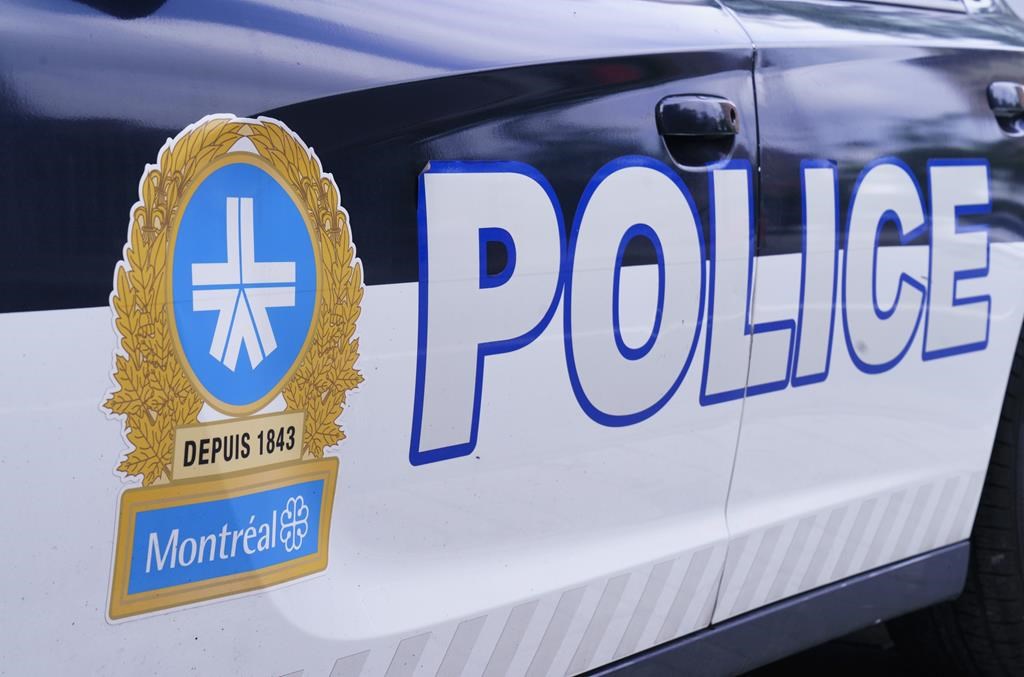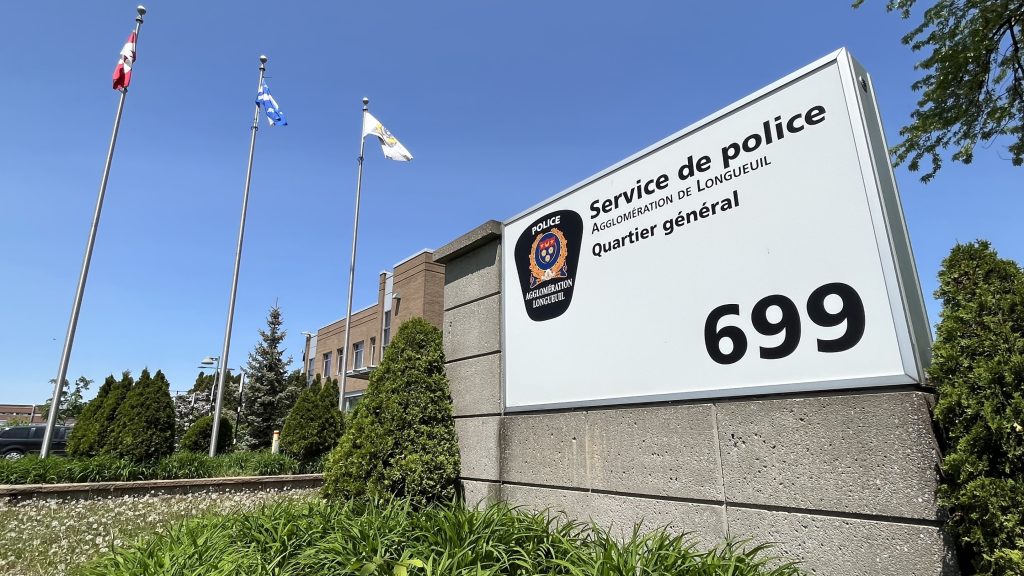Mohawk Mothers back in court filing emergency motion against McGill, SQI
Posted October 27, 2023 9:36 am.
Last Updated October 27, 2023 6:22 pm.
The Kahnistensera, known as the Mohawk Mothers, are heading back to court Friday, filing an emergency motion against McGill University and the Société Québécoise des infrastructures (SQI).
They are alleging there have been violations of court-ordered injunctions and agreements in regards to construction work at the former Royal Victoria Hospital site in Montreal.
“We were asking for a lot of clarification and we were accused of things that we wanted to change and be catered to but we don’t. we just want what we agreed to, we want fairness, we want the panel that was disbanded, they were fired,” said Mohawk Mother, Kwetiio. “We want the panel back in place to do the job they are supposed to do that all the parties agreed on, that is very very important to us.”
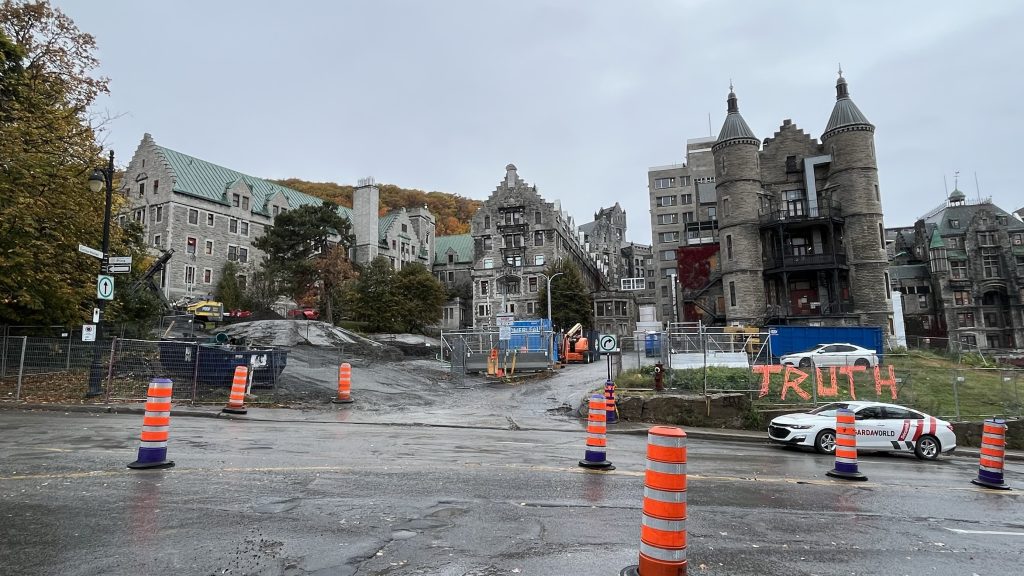
They say despite evidence from Ground Penetrating Radar and Historic Human Remains Detection Dogs (HHRDD) indicating human remains, they allege McGill and the SQI ended the investigative work.
“Going into the building to search the 10-metre radius so we can find where human remains were detected,” Kwetiio said.
The Mohawk Mothers say this raises concerns about the institution’s commitment to a thorough investigation.
They allege that the archaeologists panel’s recommendations have been ignored.
“They fired three people selected who were the experts in the field that we were involved with, and they fired them and then of course there were so many times where we were never told any of these agreements that they were making contracts they were making we were not told anything about them and found out about it later, and when we found out it was too late for us to even say anything,” said Mohawk Mother, Kahentinetha.
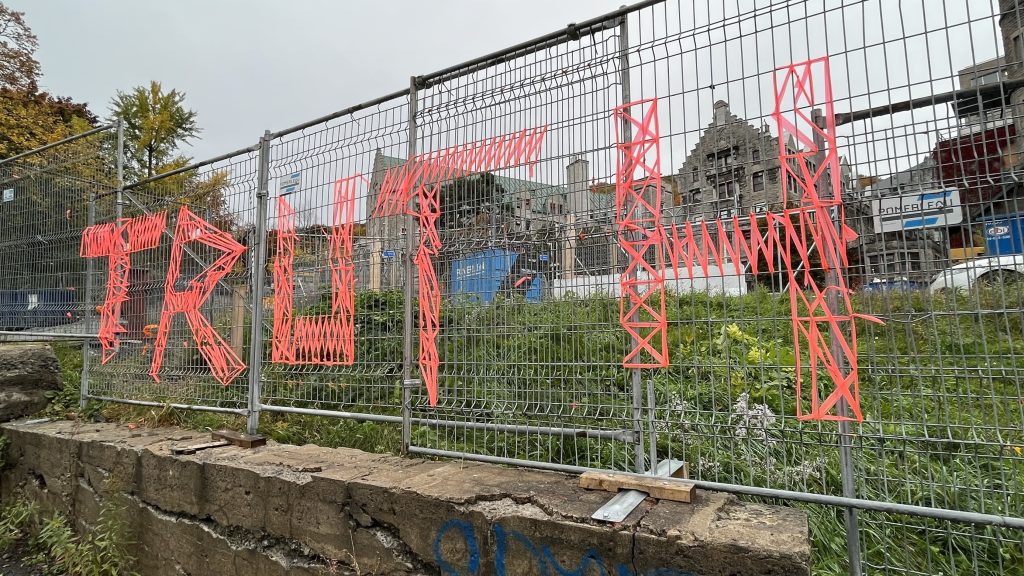
The Mohawk Mothers claim construction activities began in areas identified by HHRDD, endangering possible human remains during the ongoing investigation and jeopardizing forensic chain of custody.
They also allege that McGill and SQI have refused to share GeoScan’s data, which they say makes them question the integrity of the investigation and compliance with agreements.
They also write in a statement that they feel potential unmarked graves were disregarded, claiming there are anomalies in the data from Ground Penetrating Radars (GPR).
The Mohawk Mothers say they have been prevented access to the construction site as well.
“I think our children are looking for us to find them and the only closure people are going to get is when this closure happens and we need this thorough thorough investigation to be done by our panel who just conduct themselves for best practices and have all of the expertise behind them in looking for unmarked graves,” Kwetiio said. “This is what their forte is and their professionalism is and that’s what we need on this site, we need clarity and we need the court to look into this matter deeply and make sure that this agreement is done to a tee.”
After the hearing, dozens of supporters showed up outside the courthouse in solidarity with the Mohawk Mothers, with banners reading “Standing with Mohawk Mothers.”
“It’s important that the public as well as our own people that were doing whatever we can to make sure that we demand that we have a proper best practice investigation for our children,” said Kwetiio.
The judge said he will take time to issue a written decision.
“We’re really hoping that this decision comes sooner than later because as we speak construction is going on,” Kwetiio said.
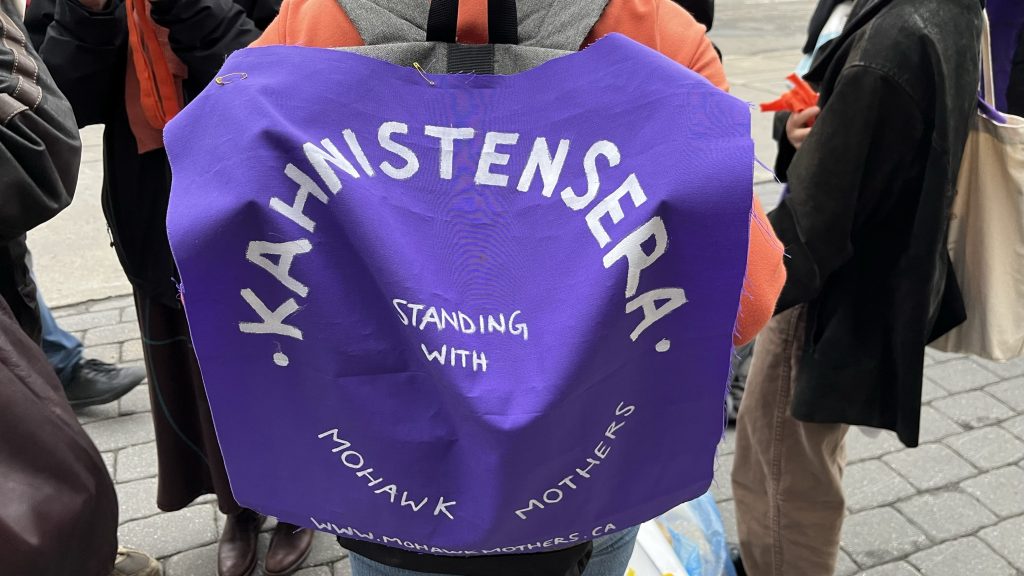


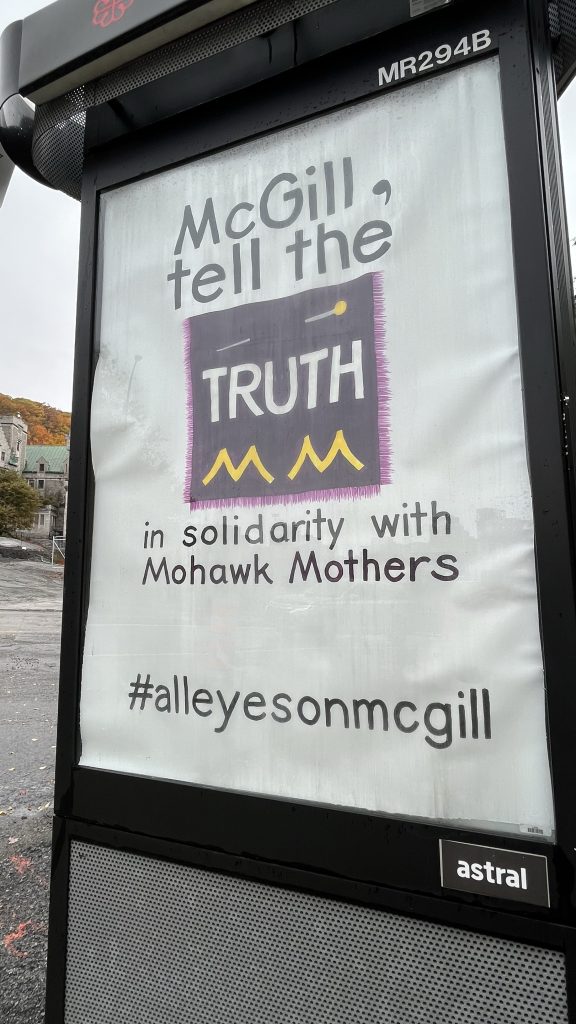
CityNews reached out to McGill University for comment but did not hear back.
The SQI tells CityNews in a written statement: “the request of the Mohawk Mothers presented on Sept. 14, demanding the cessation of excavation work in zone 11 on the site of the former Royal Victoria hospital, was rejected by the Superior Court of Quebec.
“The deployment of the archaeological plan therefore continues, in accordance with the terms of the settlement agreement concluded between the parties last spring and the techniques recommended by the Panel of archaeological experts.”
The SQI says there is a desire to shed light on the allegations of the presence of possible unmarked graves on the site. “The SQI and its partners are committed, in good faith and rigorously, to carrying out archaeological research in the company of specialists in the field recommended by the Panel or selected according to the Panel’s criteria.”
“Despite the research carried out to date in all areas of interest identified in the archaeological research plan, and the various techniques carried out in accordance with it: georadar, sniffer dogs, local excavations carried out manually, analyzes carried out at each stage and archaeological monitoring: to date, there is nothing to confirm the presence of burials on the site.”
The SQI refutes the allegation that evidence is being mishandled. “All work is carried out according to the rules of the art of archeology and by professional firms accredited and selected according to the recommendations of the Panel. All artifacts are stored according to established protocols and are secure in the laboratories provided for this purpose. No suspicious elements justifying a halt to the work or additional precautions to be taken on the ground were observed by the archaeologists.”
The SQI also says the Indigenous communities concerned as well as the Mohawk Mothers will be notified of any future discovery and Indigenous protocols will be respected.
On Sept. 14, the Mohawk Mothers took legal action to stop the drilling and excavation at the site. However, their motion was denied by a Quebec Superior Court judge, ruling that work at the former hospital site in Montreal could proceed.
Justice Gregory Moore argued that the Mohawk Mothers “have not proved that drilling in zone 11 will disturb any unmarked graves nor that excavation will be conducted in other zones before the plaintiffs’ application for a safeguard order is argued at the end of October,” according to the judgment.
In addition, the Mohawk Mothers say the investigation is being led by McGill and SQI rather than following the Indigenous-led approach mandated by the court.
“We have lost all confidence in SQI and McGill as the Kahnistensera,” said Mohawk Mother, Kwetiio.
